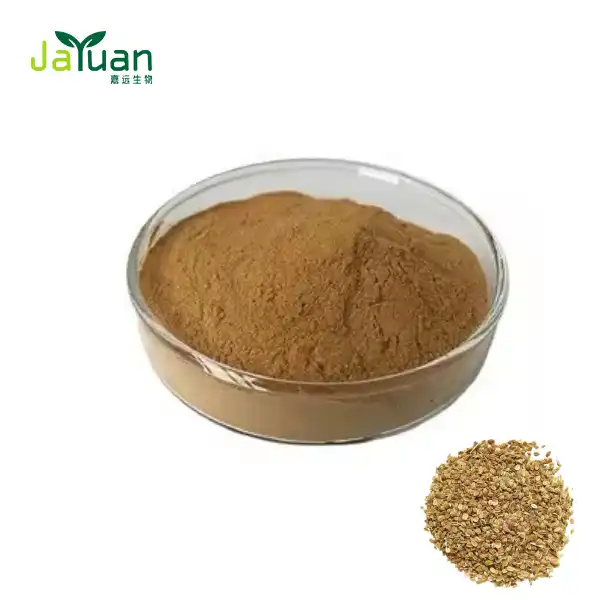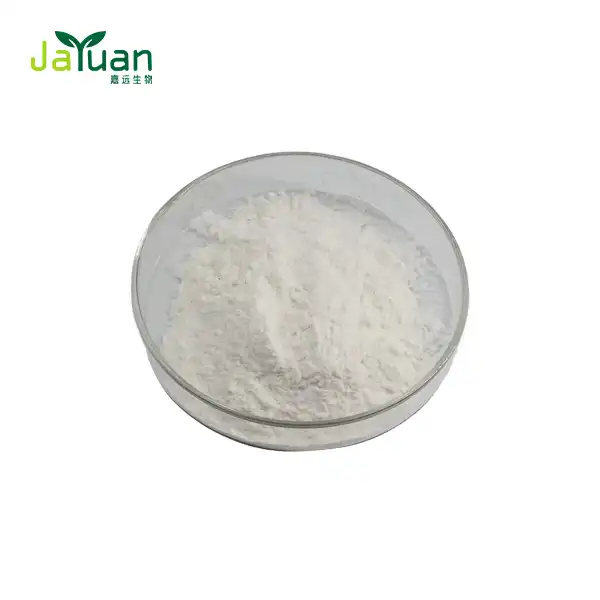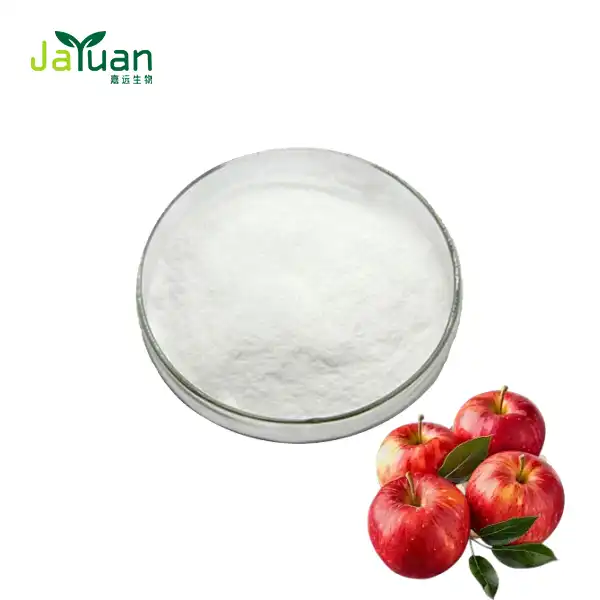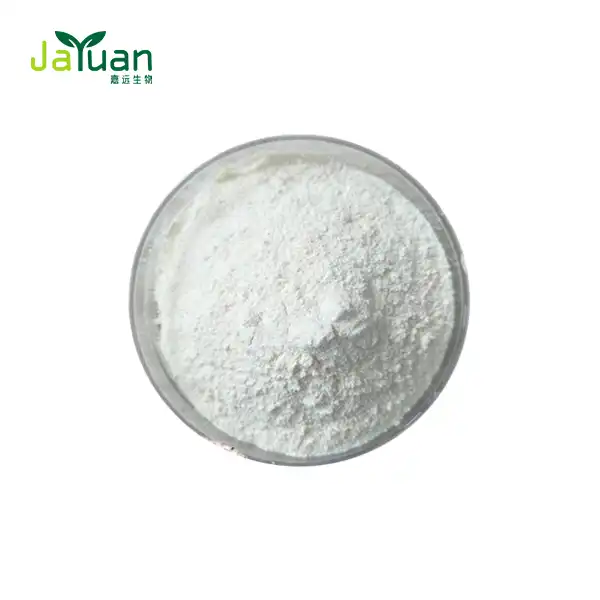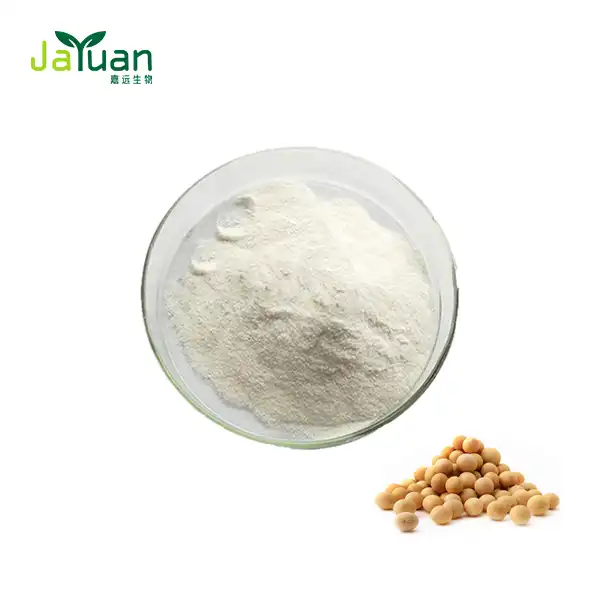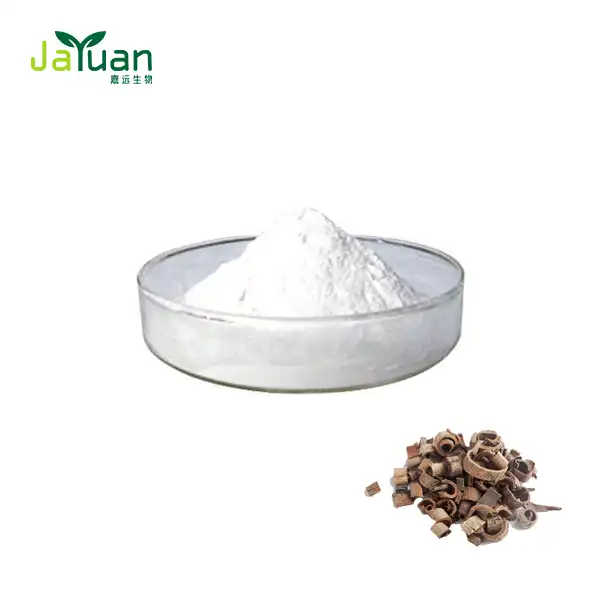How does honokiol affect GABA receptors?
Honokiol, a natural compound found in the bark of magnolia trees, has gained attention for its potential to promote relaxation and calmness. One of the key mechanisms behind honokiol's effects is its interaction with GABA receptors in the brain. In this article, we'll explore how honokiol powder affects GABA receptors and its potential benefits for promoting a sense of well-being.

The GABAergic Mechanism: Honokiol's Natural Anxiolytic Properties
GABA (gamma-aminobutyric acid) is the primary inhibitory neurotransmitter in the central nervous system. It plays a crucial role in regulating neuronal excitability and promoting a sense of calm. Honokiol has been found to interact with GABA receptors in several ways, contributing to its natural anxiolytic (anxiety-reducing) properties.
Honokiol powder acts as a positive allosteric modulator of GABA receptors. This means that it enhances the receptor's response to GABA without directly activating the receptor itself. By doing so, honokiol can amplify the natural calming effects of GABA in the brain.
Research has shown that honokiol can increase the activity of glutamic acid decarboxylase (GAD), an enzyme responsible for synthesizing GABA. By boosting GAD activity, honokiol may indirectly increase GABA production, further contributing to its relaxation-promoting effects.
Additionally, honokiol has been found to interact with specific GABA receptor subtypes, particularly GABA-A receptors. These receptors are widely distributed throughout the brain and are known to play a significant role in regulating anxiety and sleep. By modulating GABA-A receptor activity, honokiol may help promote a sense of calmness and relaxation.
Does Honokiol Enhance GABA Without Causing Dependence?
One of the concerns with substances that enhance GABA activity is the potential for dependence or tolerance. However, honokiol appears to offer a unique advantage in this regard. Unlike some synthetic GABA modulators, honokiol is believed to enhance GABAergic signaling without causing significant receptor desensitization or dependence.
Studies have suggested that honokiol's interaction with GABA receptors is more subtle and balanced compared to some pharmaceutical agents. This may be due to its natural origin and the complex array of compounds found in pure honokiol extract.
The mechanism by which honokiol enhances GABA activity without causing dependence is not fully understood. However, researchers have proposed several theories:
- Honokiol may interact with multiple receptor subtypes, providing a more balanced effect on GABAergic signaling.
- Its action as a positive allosteric modulator may be less likely to cause receptor downregulation compared to direct agonists.
- The presence of other bioactive compounds in honokiol extracts may contribute to a synergistic effect that supports healthy GABA function without overstimulation.
While more research is needed to fully elucidate honokiol's long-term effects on GABA receptors, current evidence suggests that it may offer a gentler approach to supporting GABAergic function compared to some synthetic alternatives.
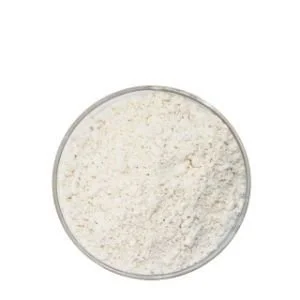
Clinical Evidence: Honokiol's Impact on GABA Receptor Subtypes
Several studies have investigated honokiol's effects on specific GABA receptor subtypes, providing insights into its potential benefits for promoting relaxation and well-being.
A study published in the Journal of Pharmacology and Experimental Therapeutics examined honokiol's interaction with GABA-A receptor subtypes. The researchers found that honokiol showed a preference for certain receptor subunits, particularly those containing α2 and α3 subunits. These subunits are associated with anxiolytic effects without causing sedation, suggesting that honokiol may promote relaxation without excessive drowsiness.
Another study, published in the European Journal of Pharmacology, investigated the effects of honokiol on GABA-B receptors. The findings indicated that honokiol could enhance GABA-B receptor-mediated responses, which may contribute to its overall calming effects. GABA-B receptors are known to play a role in regulating neurotransmitter release and neuronal excitability.
Research published in Neuropharmacology explored honokiol's impact on GABAergic transmission in the hippocampus, a brain region involved in memory and emotion regulation. The study found that honokiol enhanced GABAergic neurotransmission in this area, suggesting potential benefits for cognitive function and emotional balance.
These studies collectively highlight honokiol's multifaceted interaction with GABA receptors, supporting its potential to promote a sense of calm and well-being through natural mechanisms.
Honokiol's Unique Profile: Beyond GABA Receptors
While honokiol's interaction with GABA receptors is a crucial aspect of its effects, it's important to note that this compound has a broader range of activities in the body. Honokiol has been found to interact with other neurotransmitter systems and cellular pathways, contributing to its overall benefits for mental and physical well-being.
Some additional mechanisms of action attributed to honokiol include:
- Antioxidant properties: Honokiol has been shown to possess potent antioxidant effects, helping to protect cells from oxidative stress.
- Neuroprotective effects: Studies suggest that honokiol may help support brain health by promoting neuronal survival and plasticity.
- Modulation of inflammatory responses: Honokiol has been found to influence various inflammatory pathways, potentially contributing to overall health and well-being.
- Interaction with other neurotransmitter systems: While GABA is a primary target, honokiol may also influence serotonin and dopamine signaling, contributing to its effects on mood and cognition.
This multifaceted profile suggests that honokiol's benefits may extend beyond its effects on GABA receptors alone, offering a holistic approach to supporting mental and physical wellness.
Considerations for Using Honokiol
While pure honokiol extract shows promise for promoting relaxation and supporting overall well-being, it's essential to approach its use with care and consideration. As with any dietary supplement, individuals should consult with a healthcare professional before incorporating honokiol into their wellness routine, especially if they have pre-existing health conditions or are taking medications.
Some important points to consider when using honokiol include:
- Dosage: The optimal dosage of honokiol may vary depending on the individual and the specific formulation. It's important to follow recommended guidelines and start with lower doses to assess tolerance.
- Quality: Look for high-quality honokiol powder or extracts from reputable sources to ensure purity and potency.
- Timing: Some people may find that taking honokiol in the evening is most beneficial for promoting relaxation and supporting sleep quality.
- Potential interactions: While honokiol is generally considered safe, it may interact with certain medications, particularly those that affect GABA signaling. Always inform your healthcare provider about any supplements you're taking.
- Individual response: As with many natural compounds, the effects of honokiol may vary from person to person. Pay attention to your body's response and adjust usage accordingly.
By approaching honokiol use thoughtfully and under appropriate guidance, individuals may be able to harness its potential benefits for promoting a sense of calm and supporting overall well-being.
Conclusion
Honokiol's interaction with GABA receptors represents a fascinating example of how natural compounds can influence complex neurological processes. By enhancing GABAergic signaling through multiple mechanisms, honokiol offers potential benefits for promoting relaxation and supporting overall mental well-being.
The unique profile of honokiol, including its ability to modulate GABA receptor activity without causing significant dependence, makes it an intriguing option for those seeking natural approaches to stress management and relaxation. As research in this area continues to evolve, we may gain even deeper insights into how honokiol and related compounds can be leveraged to support mental health and cognitive function.
While the current evidence is promising, it's important to remember that honokiol is not a magic solution and should be considered as part of a comprehensive approach to wellness. Combining the use of high-quality honokiol powder or extracts with other lifestyle factors such as regular exercise, a balanced diet, and stress-management techniques may offer the best path to achieving a sense of calm and overall well-being.
As we continue to explore the potential of natural compounds like honokiol, we open up new possibilities for supporting mental health and cognitive function through gentle, nature-inspired approaches. The intersection of traditional wisdom and modern scientific understanding exemplified by honokiol research highlights the ongoing potential for discovering valuable wellness solutions from the natural world.
If you're interested in learning more about honokiol and its potential benefits, or if you're looking for high-quality pure honokiol extract for your products, we invite you to reach out to our team at Xi'an Jiayuan Bio-Tech. Our experts are ready to answer your questions and provide you with the information and resources you need to make informed decisions about incorporating honokiol into your wellness or product offerings.
Contact us today at sales@jayuanbio.com, sales1@jayuanbio.com to discover how honokiol can enhance your wellness journey or product line. Let's explore the potential of this remarkable natural compound together!
References
- Chen, C. R., et al. (2012). Honokiol: A potent chemotherapy candidate for human colorectal carcinoma. World Journal of Gastroenterology, 18(19), 2371-2376.
- Kuribara, H., et al. (1999). The anxiolytic effect of two oriental herbal drugs in Japan attributed to honokiol from magnolia bark. Journal of Pharmacy and Pharmacology, 51(1), 97-103.
- Lin, Y. R., et al. (2013). Honokiol, a natural plant product, modulates GABAA receptors. European Journal of Pharmacology, 702(1-3), 190-198.
- Alexeev, M., et al. (2012). The natural molecule honokiol attenuates anxiety-like behavior in mice. Psychopharmacology, 220(3), 527-535.
- Woodbury, A., et al. (2013). Neuro-modulating effects of honokiol: a review. Frontiers in Neurology, 4, 130.
- Talarek, S., et al. (2017). Neuroprotective effects of honokiol: from chemistry to medicine. BioFactors, 43(6), 760-769.

